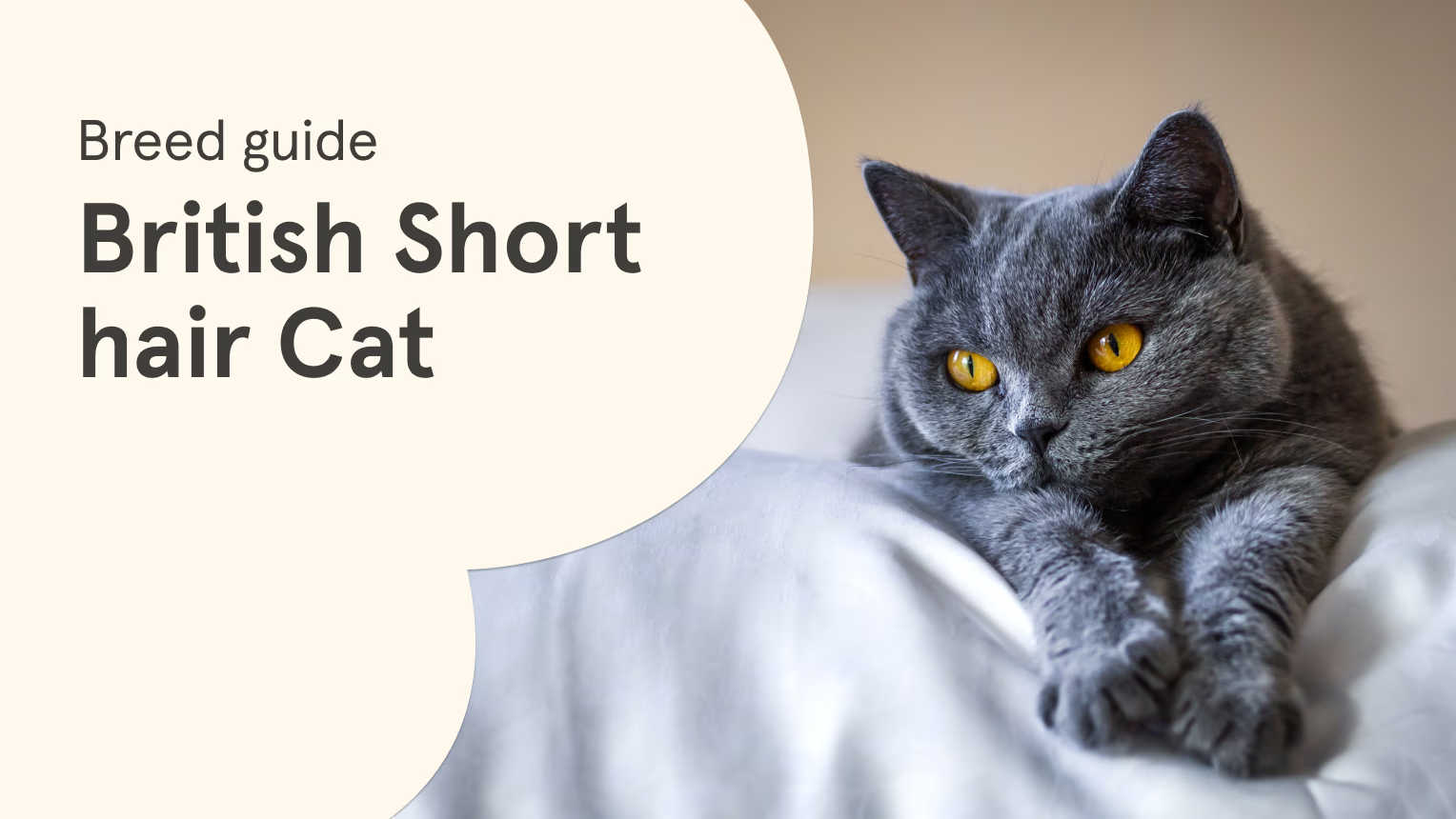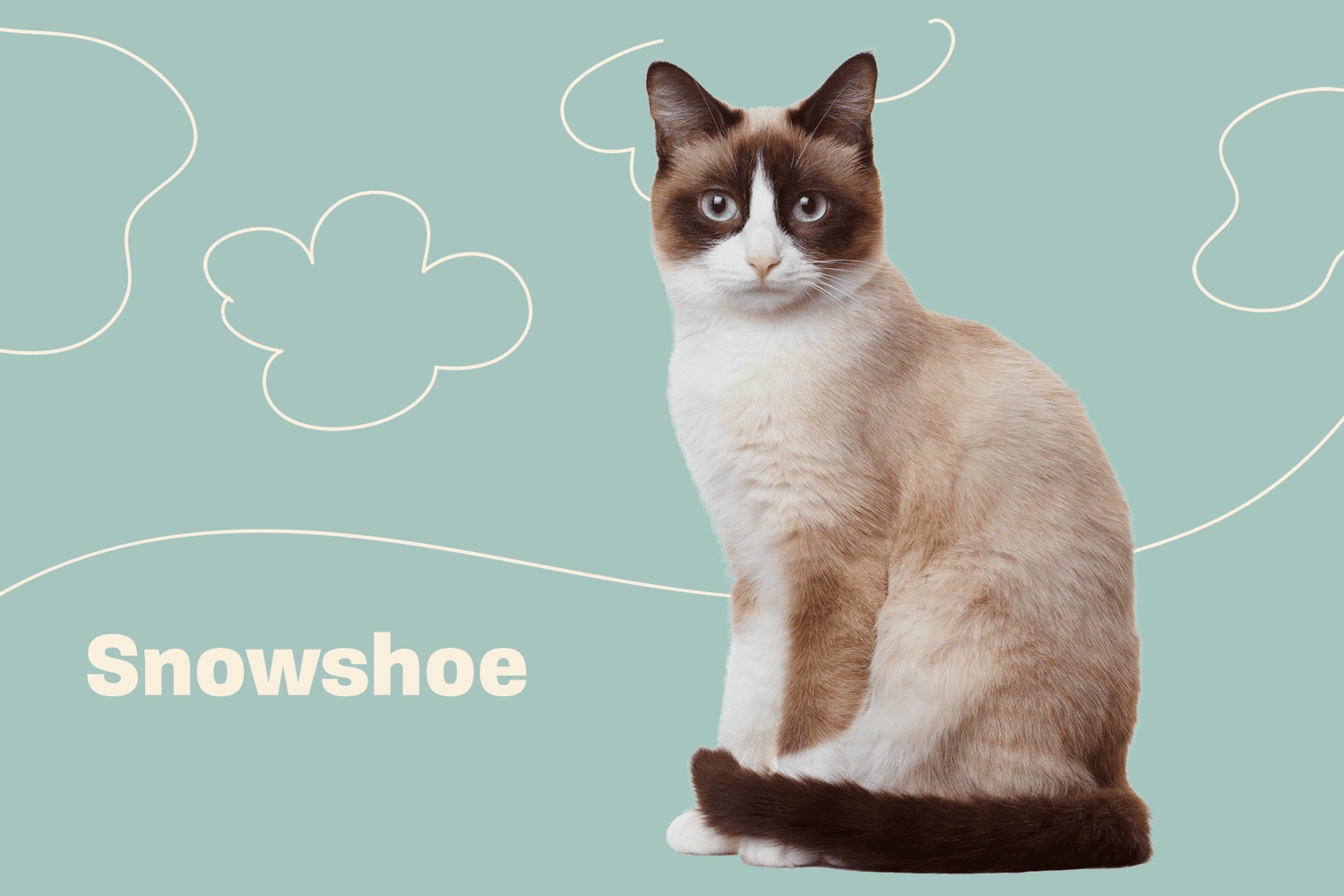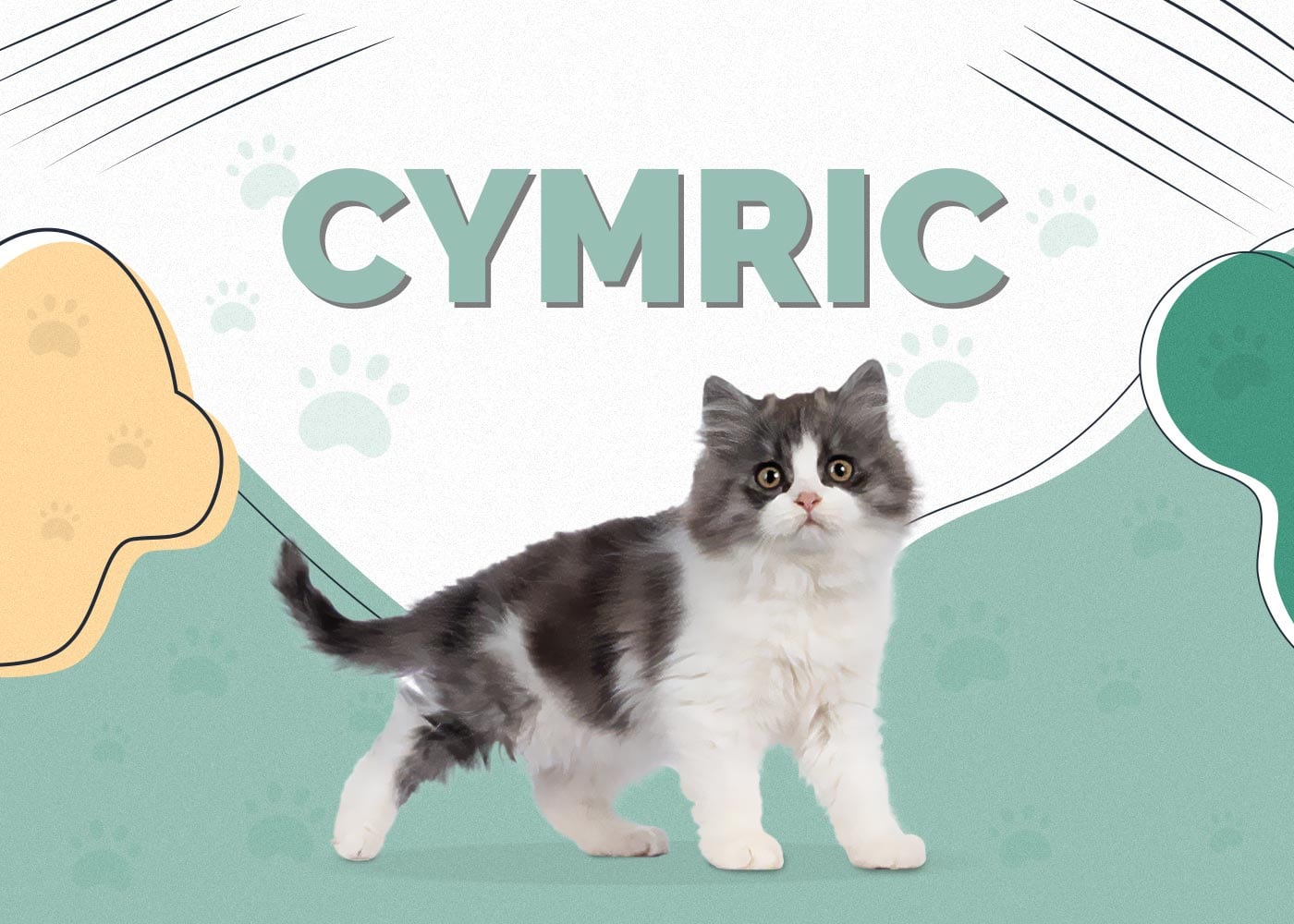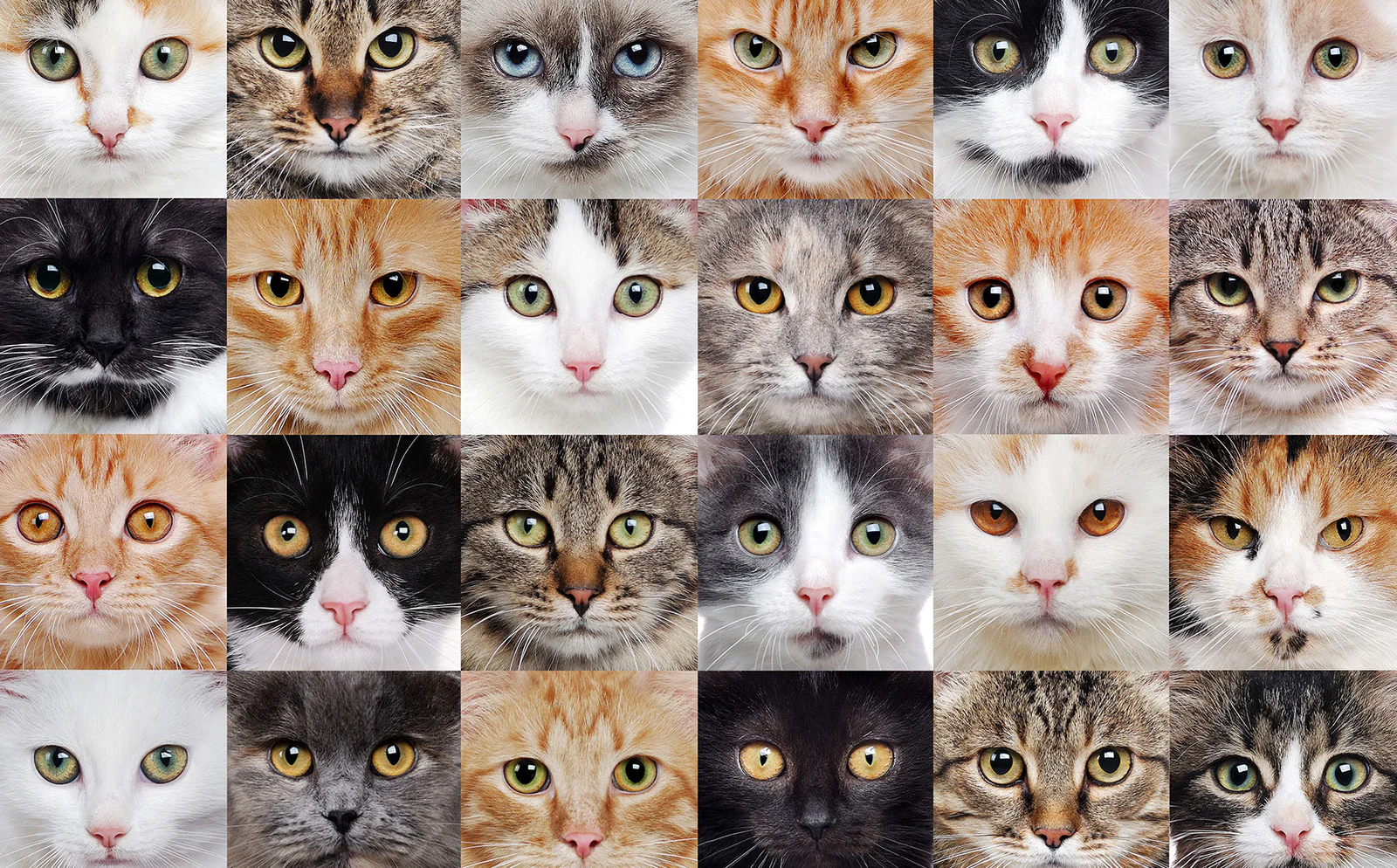British Shorthair Cat Breed: Complete Guide, Characteristics, Training, Care, How to Choose, Pros and Cons, and Price
The British Shorthair is one of the oldest and most charming cat breeds, known for its plush, dense coat, round face, and calm temperament. With its easygoing nature and teddy bear-like appearance, the British Shorthair has captured the hearts of cat lovers around the world. In this detailed article, we’ll cover everything you need to know about the breed—from characteristics to care tips, how to train them, how to choose the right kitten, pros and cons, and price information.
British Shorthair Profile
- Origin: United Kingdom
- Size: Medium to large
- Weight: Males: 5.4–9 kg; Females: 3.6–6.8 kg
- Lifespan: 12–20 years
- Coat Type: Short, dense, and plush
- Coat Colors: Wide variety (blue is the most famous)
- Eye Color: Copper, gold, blue (in colorpoints), green
- Temperament: Calm, affectionate, independent
- Suitable For: Families, singles, seniors, households with other pets
History and Origin
The British Shorthair traces its roots back to ancient Rome, where cats were brought to Britain to control pests. Over time, they developed into strong, sturdy street cats. In the 19th century, breeders began refining the British Shorthair into the plush, rounded breed we know today. The breed was officially recognized in cat shows during the late 1800s, with the “British Blue” variant becoming particularly iconic.
Characteristics of the British Shorthair
Physical Traits
- Body: Compact, muscular, and powerful with a broad chest.
- Head: Round with full cheeks and a short, broad nose.
- Eyes: Large, round, and expressive.
- Ears: Medium-sized, broad at the base with rounded tips.
- Tail: Thick at the base and rounded at the tip.
Personality Traits
- Gentle: British Shorthairs are known for their laid-back demeanor.
- Independent: They enjoy attention but are also content being alone.
- Loyal: They form strong bonds with their owners without being overly demanding.
- Quiet: Typically soft-spoken and not excessively vocal.
How to Care for a British Shorthair
1. Grooming
- Brushing: Although their coat is short, it’s dense. Brush once or twice a week to remove loose hairs and reduce shedding.
- Bathing: Rarely needed unless the cat becomes unusually dirty.
- Nail Clipping: Trim nails every 2–3 weeks.
- Dental Care: Brush teeth weekly to prevent periodontal disease.
- Ear and Eye Cleaning: Wipe ears and eyes gently with a damp cloth when necessary.
2. Nutrition
- High-Quality Diet: Feed balanced cat food rich in protein and moderate in fat.
- Portion Control: British Shorthairs are prone to obesity, so monitor portion sizes carefully.
- Fresh Water: Always ensure access to clean, fresh water.
3. Exercise
- Playtime: Encourage active play daily to maintain a healthy weight. Wand toys, balls, and interactive play are excellent.
- Climbing Structures: Cat trees and shelves can provide opportunities for exercise.
- Puzzle Feeders: These stimulate their mind and body during mealtimes.
How to Train a British Shorthair
Training a British Shorthair is generally straightforward thanks to their intelligence and calm temperament.
Basic Training Tips:
- Use Positive Reinforcement: Reward good behavior with treats, praise, or petting.
- Short Sessions: Keep training sessions brief (5–10 minutes) to maintain attention.
- Litter Box Training: British Shorthairs usually adapt to litter boxes easily.
- Clicker Training: Can be used to teach tricks like “sit,” “stay,” and “paw.”
Behavior Training:
- Discourage Scratching: Provide scratching posts and praise them for using them.
- Socialization: Expose kittens early to different people, sounds, and environments.
How to Choose a British Shorthair
Selecting a Reputable Breeder
- Health Testing: Ensure parents are tested for hereditary conditions like hypertrophic cardiomyopathy (HCM).
- Clean Environment: Visit the breeder to check for a clean and loving environment.
- Observe Behavior: Healthy kittens are playful, curious, and not fearful.
- Pedigree Papers: Ask for registration with recognized bodies (e.g., TICA, CFA).
Adoption Option
- Some British Shorthairs can be found in rescues. Adoption is a wonderful and rewarding choice.
Pros and Cons of British Shorthair Cats
Pros:
- Low Maintenance Grooming: Only occasional brushing needed.
- Calm Demeanor: Ideal for apartments and quieter households.
- Affectionate but Independent: Perfect for owners who work full-time.
- Good with Children and Pets: Tolerant and adaptable.
Cons:
- Prone to Obesity: Requires careful diet management.
- Not Lap Cats: They enjoy closeness but may prefer sitting beside you rather than on you.
- Potential Health Issues: Genetic predisposition to certain conditions like HCM and obesity.
Common Health Issues
While generally healthy, the breed can face:
- Hypertrophic Cardiomyopathy (HCM): A heart condition requiring regular veterinary check-ups.
- Obesity: Their laid-back nature makes them susceptible if not properly managed.
- Dental Problems: Regular dental hygiene is important.
Tip: Regular vet visits (at least once a year) are essential for early detection and management of health issues.
Price of British Shorthair Cats
The cost of a British Shorthair varies depending on factors like pedigree, breeder reputation, and location:
| Quality/Source | Price Range |
|---|---|
| Pet Quality Kitten | USD 1,200–2,000 |
| Show Quality Kitten | USD 2,000–4,000 |
| Adoption (Rescue) | USD 100–400 |
Additional Costs to consider:
- Annual vaccinations
- Spaying/neutering
- High-quality cat food
- Litter and litter boxes
- Toys and scratching posts
- Health insurance (optional but recommended)
Conclusion
The British Shorthair is a wonderful companion for almost any household. Their affectionate yet independent nature, stunning plush coats, and easygoing attitude make them an irresistible addition to families, singles, or seniors. With proper care, attention to diet and exercise, and regular vet visits, a British Shorthair can live a long, healthy, and happy life by your side.
If you’re looking for a calm, dignified, and loyal feline friend that is both beautiful and relatively low-maintenance, the British Shorthair might just be your purr-fect match!




